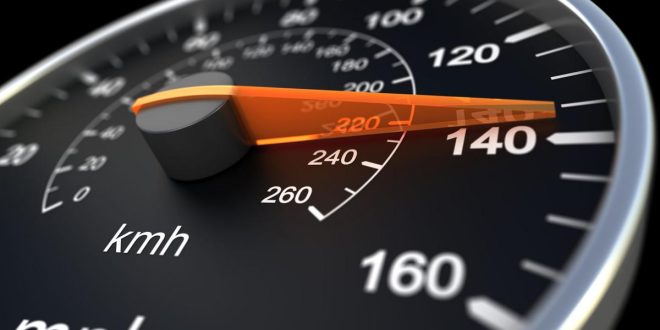Fuel efficiency, measured in miles per gallon (MPG) or liters per 100 kilometers (L/100 km), indicates how far a vehicle can travel on a given amount of fuel. Several factors influence fuel efficiency, including vehicle weight, engine performance, aerodynamics, and driving habits. Speed is a significant factor that directly impacts how efficiently your car uses fuel.
The Ideal Speed for Fuel Efficiency
Research indicates that there is an optimal speed range where vehicles operate most efficiently. For most cars, this range is between 50 to 60 miles per hour (80 to 97 kilometers per hour). Driving within this range allows the engine to run at an optimal level, balancing power output and fuel consumption.
Driving Slow vs. Driving Fast
At first glance, it may seem logical that driving slower would always save fuel. However, driving significantly below the optimal speed range can actually decrease fuel efficiency. When you drive too slowly, your engine may not operate as efficiently, and your car may consume more fuel per mile traveled. Additionally, driving at very low speeds can increase the duration of your trip, leading to more fuel consumption overall.
Conversely, driving too fast can significantly reduce fuel efficiency. As speed increases, aerodynamic drag (the resistance your car faces from the air) grows exponentially. To overcome this resistance, your engine has to work harder, burning more fuel. For example, driving at 70 miles per hour (113 kilometers per hour) can use up to 20% more fuel than driving at 55 miles per hour (89 kilometers per hour).
The Sweet Spot for Fuel Efficiency
The key to maximizing fuel efficiency is to find and maintain a speed that allows your vehicle to operate optimally. For most cars, this sweet spot is between 50 to 60 miles per hour. Driving within this range helps reduce fuel consumption by balancing the factors of engine performance and aerodynamic drag.
Tips for Improving Fuel Efficiency
To further enhance your fuel efficiency, consider the following tips:
- Smooth Acceleration and Braking: Avoid sudden starts and stops. Gradual acceleration and braking help maintain a steady speed, reducing fuel consumption.
- Maintain a Consistent Speed: Use cruise control on highways to maintain a consistent speed, which can improve fuel efficiency.
- Reduce Idling: Turn off your engine if you expect to be stopped for more than a minute. Idling consumes fuel without moving the car.
- Proper Tire Inflation: Ensure your tires are inflated to the recommended pressure. Under-inflated tires increase rolling resistance, reducing fuel efficiency.
- Regular Maintenance: Keep your car well-maintained with regular oil changes, air filter replacements, and engine tune-ups. A well-maintained car runs more efficiently.
- Minimize Weight: Remove unnecessary items from your car. Extra weight requires more energy to move, increasing fuel consumption.
- Reduce Drag: Remove roof racks or carriers when not in use. These add aerodynamic drag and reduce fuel efficiency.
Conclusion
In the debate between driving slow and driving fast, neither extreme is the most fuel-efficient choice. The best strategy is to drive at a moderate speed, typically between 50 to 60 miles per hour, to maximize your car’s fuel efficiency. By adopting fuel-saving driving habits and maintaining your vehicle, you can further enhance fuel efficiency, save money, and contribute to a greener environment.
Remember, fuel efficiency isn’t just about the speed you drive; it’s about how you drive. Smooth, steady driving within the optimal speed range, combined with regular vehicle maintenance and mindful driving practices, will help you get the most out of every gallon of fuel.
Relevant Keywords for SEO Optimization
- Fuel efficiency
- Optimal driving speed
- Save fuel driving slow
- Fuel consumption driving fast
- Improve fuel efficiency
- Aerodynamic drag
- Fuel-saving tips
- Engine performance
- Fuel-efficient driving habits
By incorporating these keywords naturally into your article, you can enhance its visibility and ranking on search engines like Google. Happy driving and fuel saving!
 Top Naija News – Nigeria News, Nigerian News & Top Stories Top Naija News – Nigerian Newspapers, Nigerian News. topnaijanews is a daily Nigerian newspaper covering Latest News, Breaking News, Entertainment, Sports, Lifestyle and Politics.
Top Naija News – Nigeria News, Nigerian News & Top Stories Top Naija News – Nigerian Newspapers, Nigerian News. topnaijanews is a daily Nigerian newspaper covering Latest News, Breaking News, Entertainment, Sports, Lifestyle and Politics.




